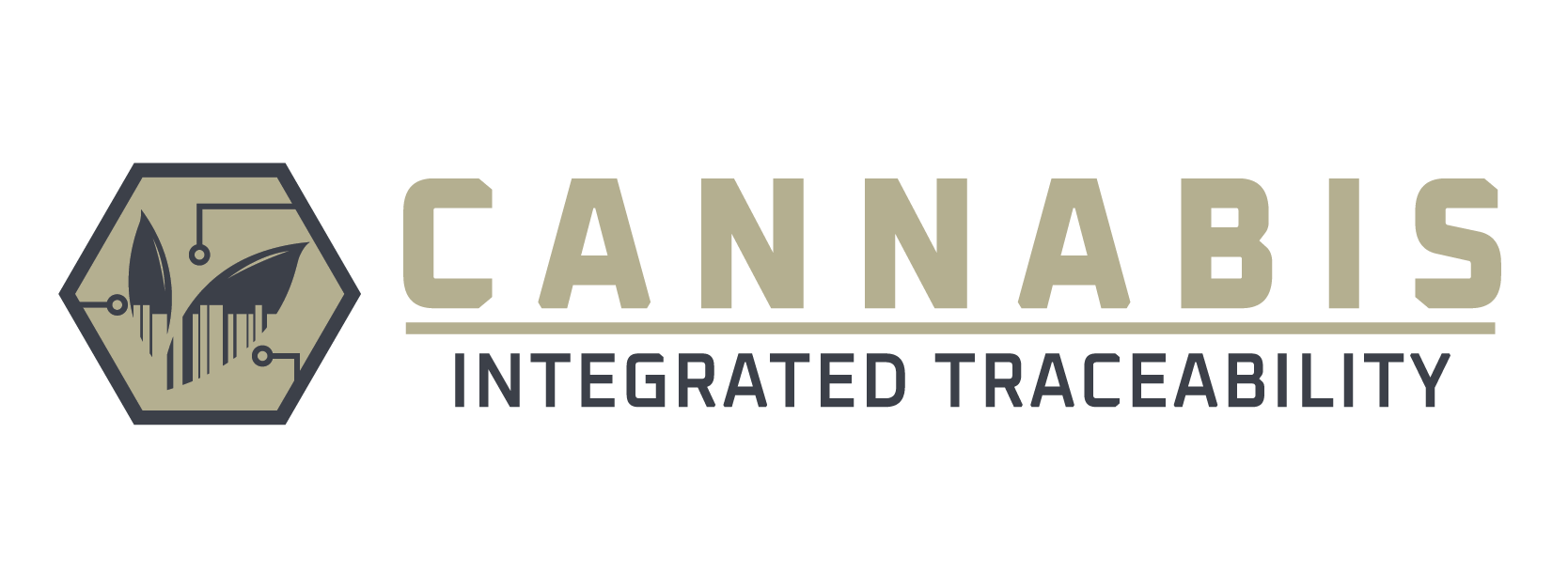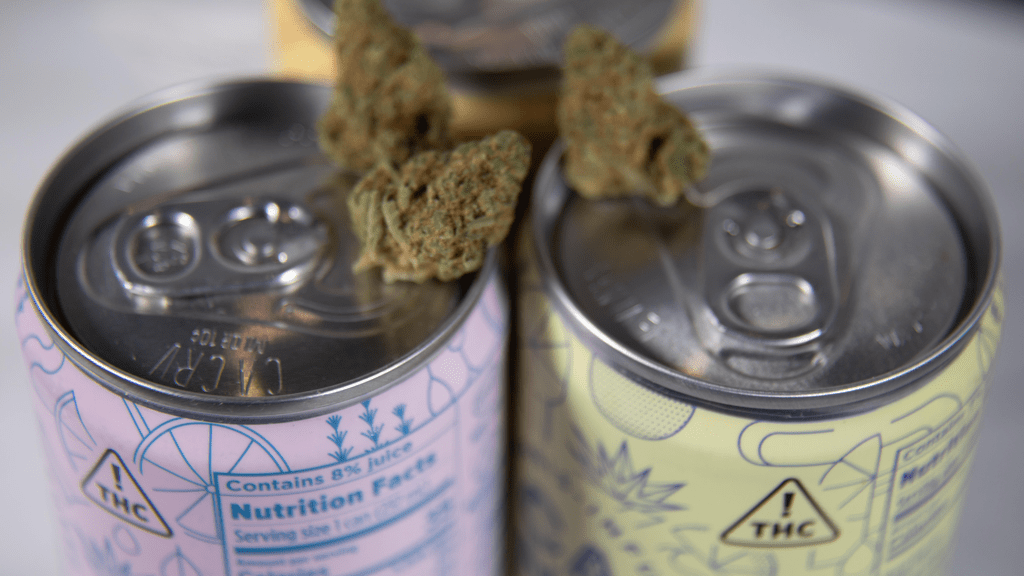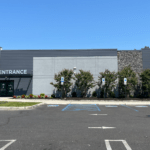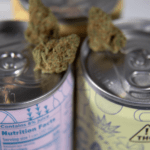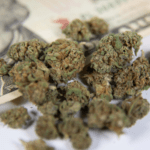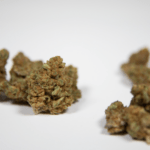In the cannabis industry, maintaining product integrity from cultivation to consumption is critical—not just for compliance, but also for consumer safety and brand reputation. Nowhere is this more apparent than in the cold chain: the temperature-controlled supply chain that protects perishable cannabis products like edibles, concentrates, and extracts. As the industry evolves, IoT-integrated traceability solutions are playing a vital role in safeguarding temperature-sensitive goods, ensuring transparency and control every step of the way.
The Perishability Problem in Cannabis
Unlike dried flower, cannabis-infused edibles and extracts are highly perishable. Gummies, chocolates, beverages, tinctures, and vapes can all degrade when exposed to excessive heat or cold. Potency can drop, texture may change, and in some cases, contaminants like mold and bacteria can develop—especially in improperly stored ingestibles.
This issue becomes more critical as products pass through the supply chain: from manufacturers to distributors, then to dispensaries, and ultimately to consumers. Every handoff introduces risk. One 8-hour lapse in temperature control during distribution can compromise a full batch of products, leading to recalls, financial losses, and reputational damage.
How Temperature Data Enhances Traceability
Traditional traceability systems focus on location and inventory status. But with modern IoT (Internet of Things) technologies, real-time temperature monitoring can be integrated directly into seed-to-sale tracking systems. Devices such as Bluetooth or cellular-connected temperature loggers and GPS-enabled sensors collect and transmit temperature readings at preset intervals.
These data points provide a digital “breadcrumb trail” that shows the product’s environmental history. If a certain delivery van malfunctioned and the cabin heated up to 90°F for an hour, that incident would be logged and traceable back to a specific lot number or SKU. Quality control managers could then isolate the affected batch and prevent it from reaching shelves—mitigating risk before it spreads.
Cold Chain Compliance and Cannabis Regulations
Though cold chain traceability is not federally mandated—yet—states like California and Colorado have stringent regulations around product safety and labeling. IoT-powered temperature tracking supports compliance by creating a verifiable record of proper storage conditions. These records can be used during inspections, audits, or product recalls to demonstrate due diligence and adherence to safety protocols.
In some vertically integrated operations, temperature data also informs internal SOPs (standard operating procedures), helping cultivators and processors dial in shelf life estimates and expiration dates with more precision. This proactive quality control becomes a competitive edge as the industry matures.
IoT Solutions Deliver Operational Efficiency
Companies adopting IoT-based cold chain monitoring also benefit from operational efficiencies. Alerts can be triggered automatically if temperatures deviate from the set threshold. This allows staff to take corrective action—such as rerouting shipments or transferring products to backup refrigeration units—before a problem escalates.
Moreover, data analytics platforms can identify patterns in the cold chain, such as certain routes or carriers consistently causing temperature excursions. With this information, businesses can make better logistical decisions and reduce waste.
The Future of Cannabis Cold Chain
As cannabis markets grow and products become more specialized, temperature-sensitive SKUs will become increasingly common. From live resin cartridges to infused beverages, these products demand a higher level of care—and consumers are paying attention. Brands that prioritize freshness and safety will gain trust and loyalty in a crowded marketplace.
IoT-integrated cold chain traceability is more than a compliance tool; it’s a quality assurance strategy that protects consumers, reduces losses, and builds better businesses. In a high-stakes,
